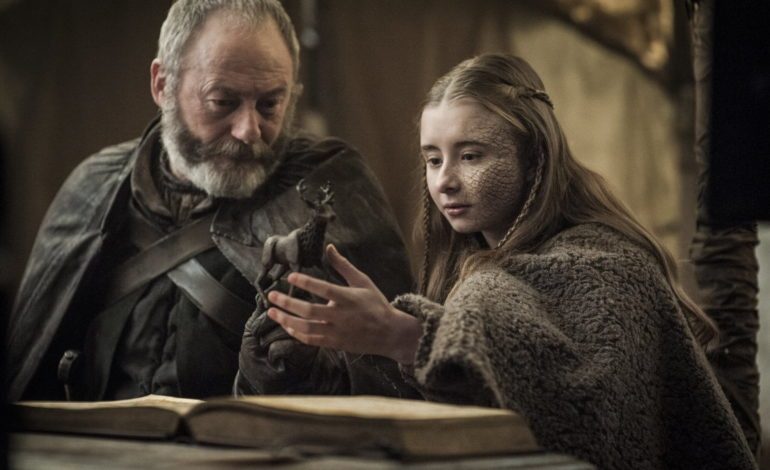

Liam Cunningham, the Irish actor known for his roles in Game of Thrones, The Wind that Shakes the Barley, and more, has a diverse career that has earned him three Irish Film and Television Awards. His upcoming project is The Last Voyage of the Demeter, a supernatural thriller directed by André Øvredal, based on a chapter from Bram Stoker’s Dracula.
Cunningham portrays the ship’s captain in this adaptation, where eerie occurrences unfold as the schooner transports mysterious crates, including one containing Dracula himself. Additionally, Cunningham is set to appear in the Netflix series 3 Body Problem, scheduled for release in January, created by Game of Thrones producers David Benioff and D.B. Weiss.
Variety interviewed Cunningham ahead of the SAG-AFTRA strike and Cunnigham expressed how connected he felt to Ben Stroker because of how close the two live near each other.
Cunnighamn highlighted his attraction to the film, citing the absence of major stars and the courage shown by Amblin to prioritize acting talent. He praised the film’s production quality and director André Øvredal’s use of tension, emphasizing the captivating characters in the movie, who are ordinary, working-class individuals confronted with the presence of a monstrous literary figure aboard an inescapable ship.
Variety also asked the actor about how Game of Thrones impacted his life, and he went on to say it changed his career by providing him a secure and extraordinary role within a cultural phenomenon. He acknowledged the show’s lasting impact and the challenges that came with being part of such a monumental production.
It not only was one of the most beautiful jobs I’ve ever done and was beautifully written, it was just a fantastic character. It just gave me a little bit of security, which was most definitely new to me as a jobbing, strolling actor. It obviously raised my profile and all that sort of thing. It’d be probably written on my gravestone because it was a cultural phenomenon, it exceeded just becoming a very good television program, which nobody knew would happen, it was the audience that obviously did that. But when you’re part of a cultural phenomenon, it’s difficult to shake, I don’t want to shake it, I’m very proud of the work I did, and very proud of everybody else that was in it. And the ensemble thing, I’m a big fan of that, because it’s most difficult to write for, because they take the most amount of effort.
